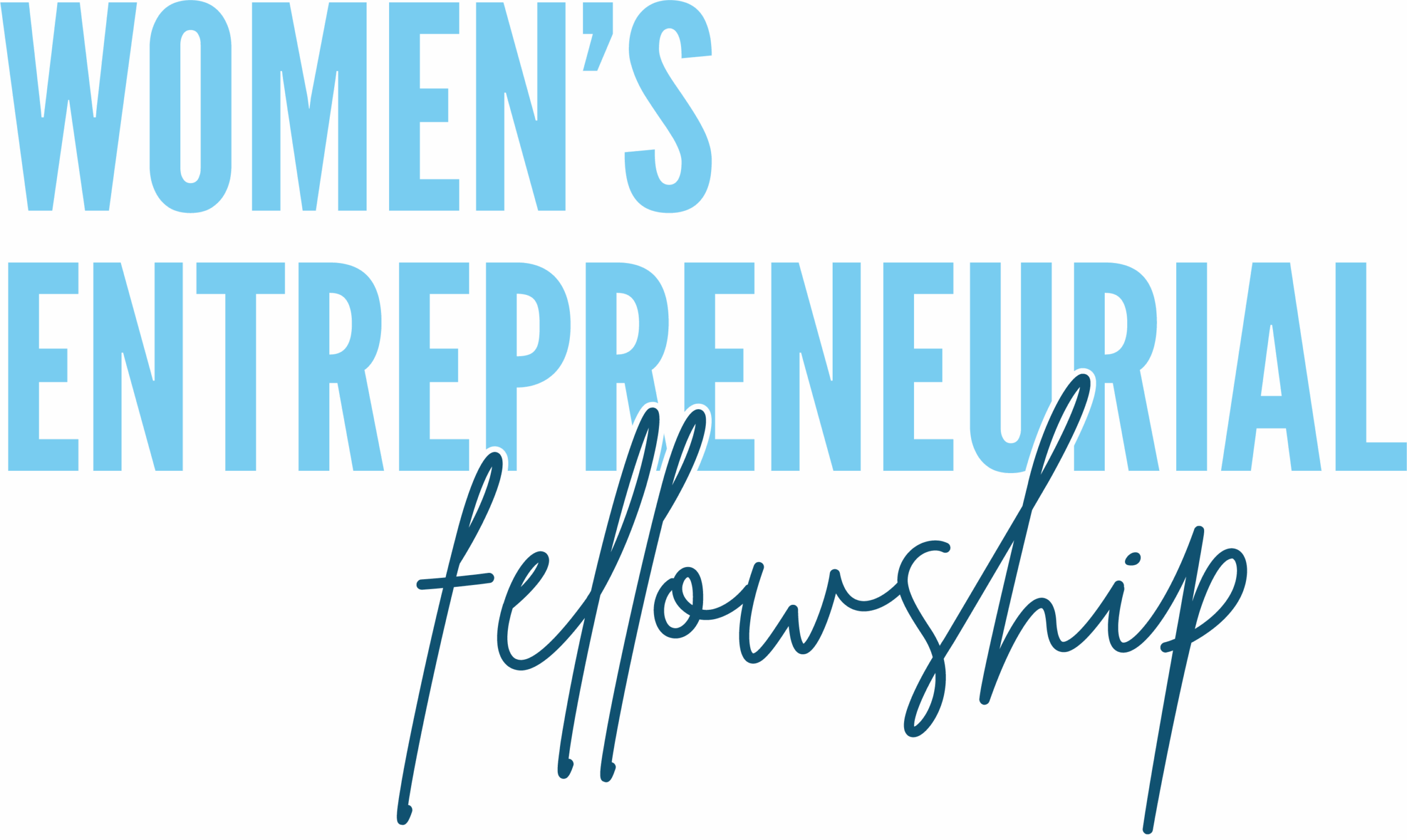Business ownership isn’t a solo act. If there’s one theme running through the Women’s Entrepreneurial Fellowship, it’s this: strong leadership emerges not from holding the reins tightly but from understanding when to step back and build systems that serve the business long-term. The journey is about evolving past day-to-day firefighting and designing a business that’s resilient, sustainable, and prepared for what comes next.
Why Leadership Isn’t Just “Managing”
Leadership goes far beyond managing people or making decisions. It’s about fostering an environment where others can take initiative, voice ideas, and grow into new responsibilities. The WEF program integrates practical with emotional learning, making clear that authentic leadership means blending vision with vulnerability and structure with support. Tools like the Kolbe Assessment are used to help participants identify their instinctive decision-making styles, fueling more effective delegation and team communication.
The 10-Year Shift: Why Delegation Matters
The 10-Year Shift, part of WEF’s program methodology, challenges business owners to stop living in the now and set goals along a decade-long horizon. It asks: What systems and habits are helping you build for the future, and what are keeping you stuck in short-term mode? It’s about building systems, growing leaders within your ranks, and freeing yourself so you have the bandwidth to tackle the challenges that really require your attention. Delegation lets you scale, nurture those around you, and ensure the business isn’t dependent on your every move.
With this kind of long-term lens, delegation and trust become non-negotiable. When you know where you’re headed, it’s easier to assign responsibility, give up tasks that drain you, and lean into the partnership of a capable team. You learn to measure leadership not by “how much you do,” but by “how well you lead others to thrive.”
Decoding Your Leadership Style
The November WEF session uses the Kolbe Assessment to show how we instinctively approach problems, make decisions, and solve issues under pressure. Understanding your Kolbe score is a game-changer; it offers a candid look at whether you’re naturally drawn to initiating, maintaining, or troubleshooting, and helps you see who in your organization balances you out. When you know your strengths and gaps, you delegate with far more intention, putting tasks in the hands of those wired to excel at them. Most leadership assessments focus on traits or skills; Kolbe digs into how you instinctively get things done.
Why does this matter? By interpreting your Kolbe results, you can identify which patterns support your leadership and which may be hindering the team or the business as a whole.
Leadership is not static. It’s built by insight, adaptation, and the courage to design businesses that thrive beyond one person’s efforts. The Kolbe tool, paired with the 10 Year Shift, asks you to invest more deeply in vision and in the strengths of those alongside you, rather than relying on overwork or endless problem-solving on your own.
The fellowship’s curriculum is more than a collection of workshops. It’s a roadmap for anyone ready to trade short-term hustle for long-term mastery, and for owners who recognize that real progress comes from self-awareness, smart delegation, and the willingness to continually ask, “Who else—not just me—belongs at the center of this business’s journey?”
Ready for a Shift? Download the Shift Checklist by clicking the button below.
About the Author: Kim Bode is the Program Director of the Women’s Entrepreneurial Fellowship and founder of 8THIRTYFOUR Integrated Communications, a woman-owned small business recognized as one of Michigan’s 50 Companies to Watch, Women-owned Small Business of the Year, and as a Forbes Top 200 PR Firms.

